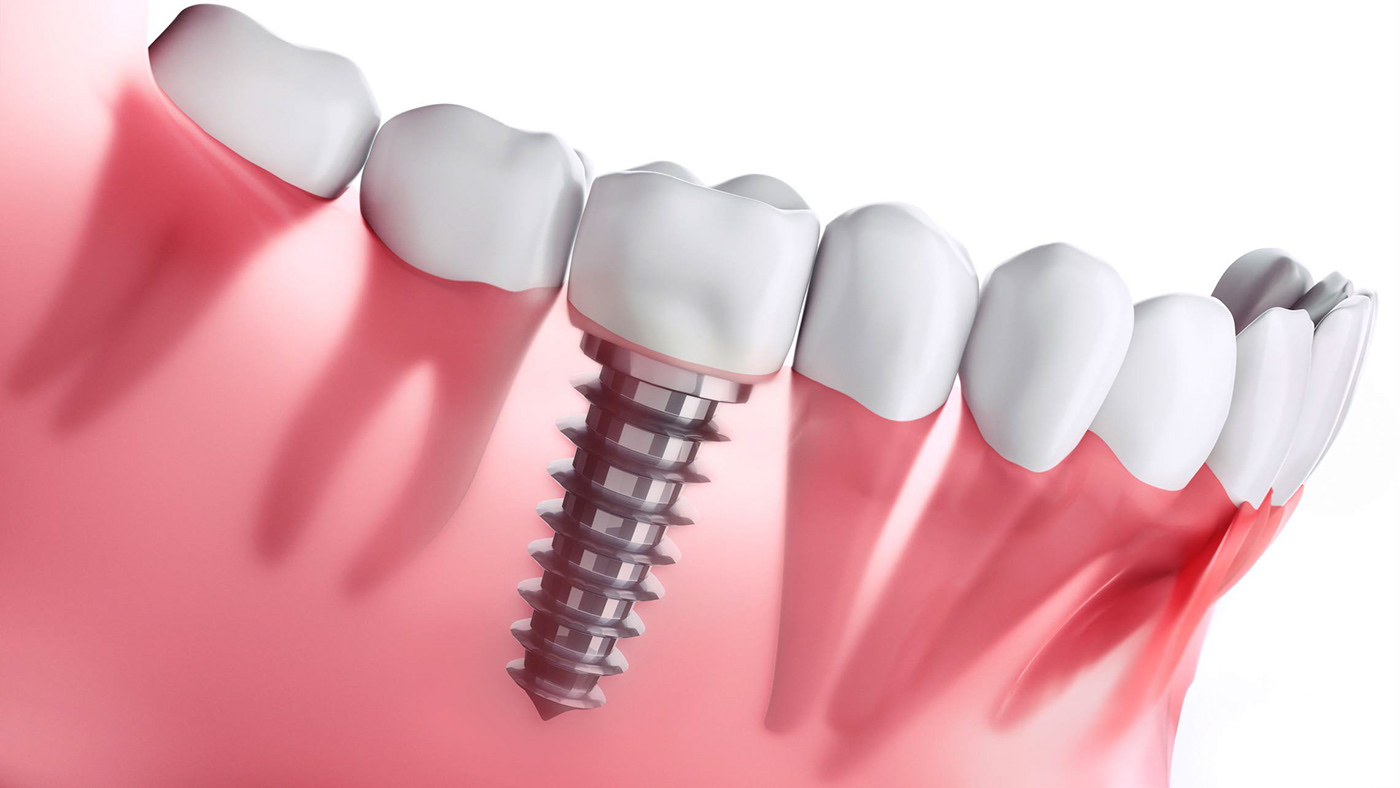An Overview Of Dental Implant Surgery
A dental implant refers to a surgery that aims at replacing the natural tooth root with a metal post and natural tooth with an artificial tooth. This implant-based tooth looks and functions much like the real tooth. The significant advantage of the dental implant is that it is a much better alternative to dentures and bridgeworks that do not fit and function well in the mouth.

Dental implant surgery may vary from case to case. However, we are going to give a basic overview of the dental implant, its procedure, and what you can expect after the procedure.
Why you may need a dental implant
There can be several reasons for you to require a dental implant. Some of those reasons are worth mentioning here.
- You have one or more missing teeth
- You have an inadequately grown jawbone
- You have lost your tooth/teeth but you still have healthy tissues to support dental implant
- You do not have health issues that might hamper the natural bone healing
- You do not want to wear dentures
- You do not smoke
Preparing for the procedure
There may be a variety of specialists involved in the planning process of dental implant surgery. Those specialists may include an oral and maxillofacial surgeon, a periodontist, a prosthodontist, and an ENT specialist. They study the possible impact of the dental implant on different areas of the oral cavity and facial structure.
A dental implant procedure may extend to more than one surgical procedure, depending on the type of case. Hence, your dentist will do a thorough evaluation in the preparation phase. This evaluation may include the following.
- A comprehensive dental exam that may include dental x-rays and 3D imaging of your dental structure
- Review of your medical history that tells your dentist about any medical condition you have and the medications you take to manage those conditions
- A treatment plan that is right according to your situation
Based on the assessment of your medical records and the level of discomfort you might face during the procedure, the dentist will decide whether you need local anesthesia, sedation, or general anesthesia.
Things you can expect
There may be several steps involved in the dental implant procedure due to the proper healing required between all steps. This entire process involves the following steps.
- Removal of the damaged tooth
- Bone grafting (if necessary)
- Dental implant placement
- Bone growth and healing of tissues
- Placement of abutment
- Placement of artificial tooth
It may take several months for this entire process to complete. The surgeon and patient may have to wait until tissues and bones heal properly before they can proceed to the next step.
After the procedure
Since a dental implant procedure is a surgery, its byproducts may include the following.
- Swelling in your gums and face
- Bruising
- Pain at the site of the implant
- Bleeding
You can manage these side effects with pain medications or antibiotics, depending on the prescription from your dentist.
Although the likelihoods of dental implant failure are rare, the risk is still there. This failure happens due to the inability of bone to fuse properly with the implant. In such a scenario, the dentist opts for implant removal. However, as mentioned above, it happens very rarely. Most of the dental implant procedures are successful.
After getting a dental implant, it is necessary to stick to the recommended oral hygiene regimen. Although plaque and bacteria won’t affect your dental implant, this artificial structure gets all of its support from tissues in gums and jawbone.
